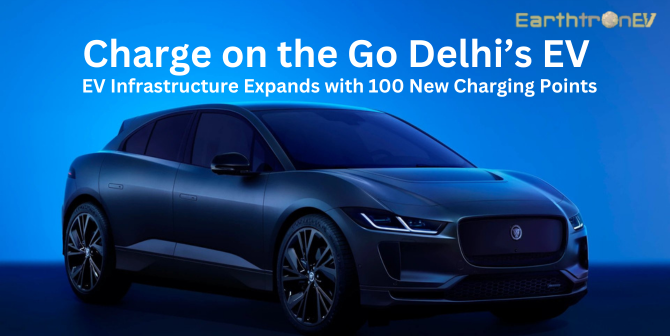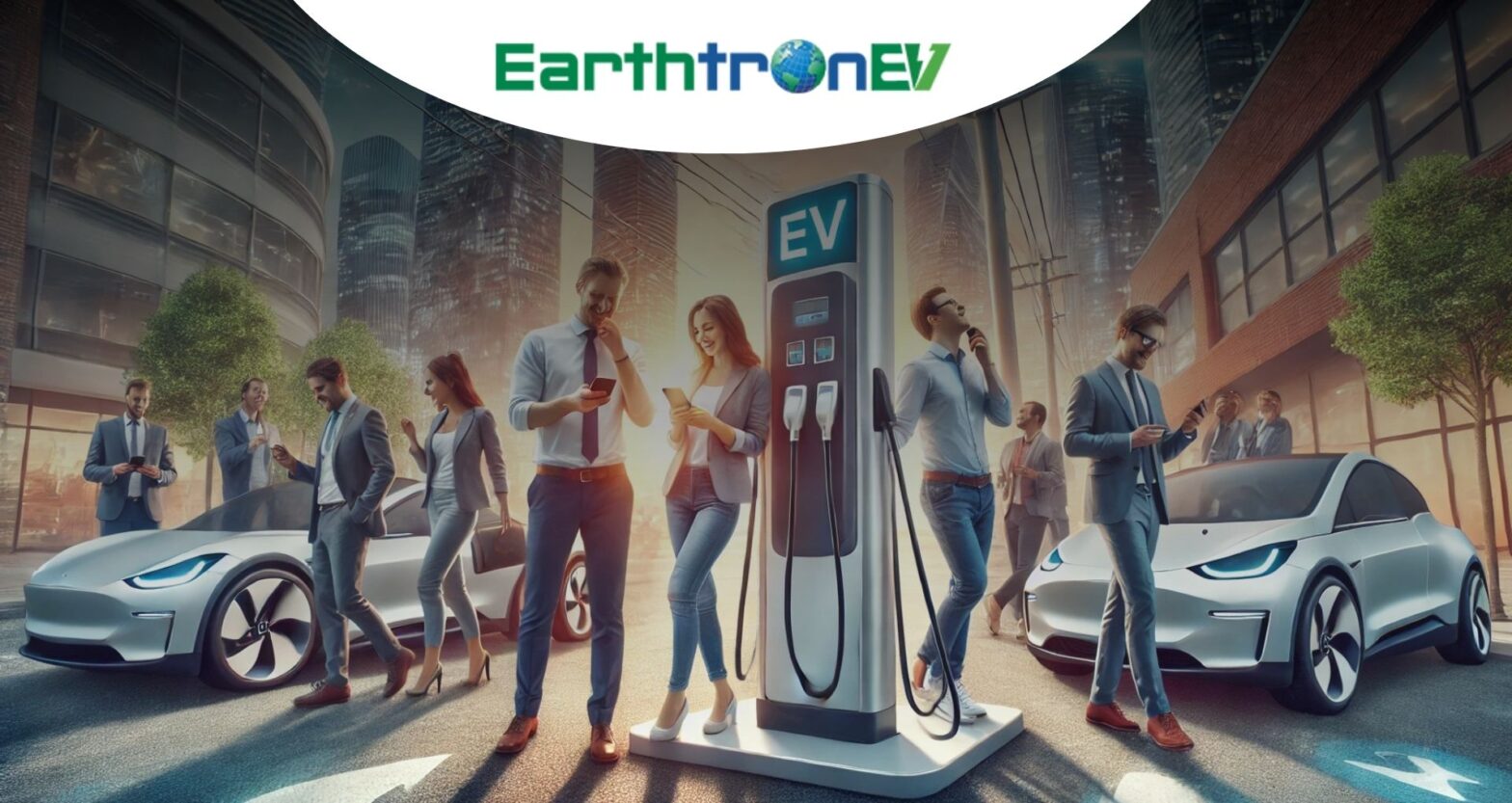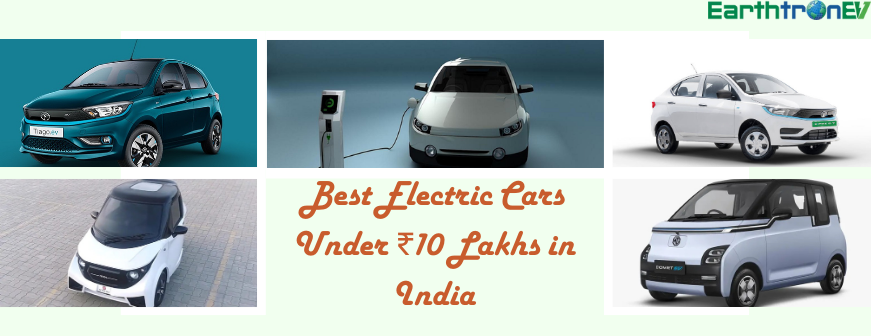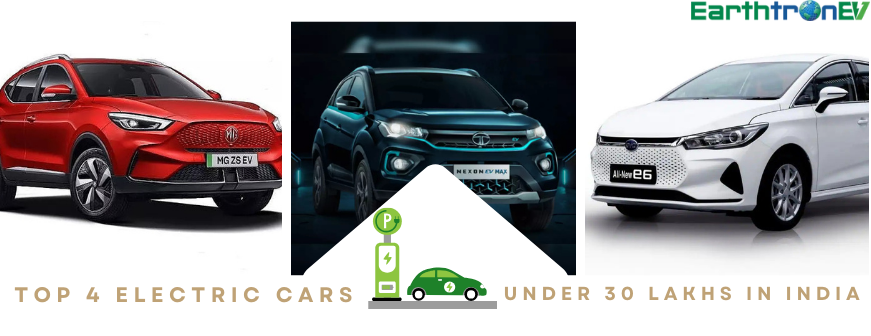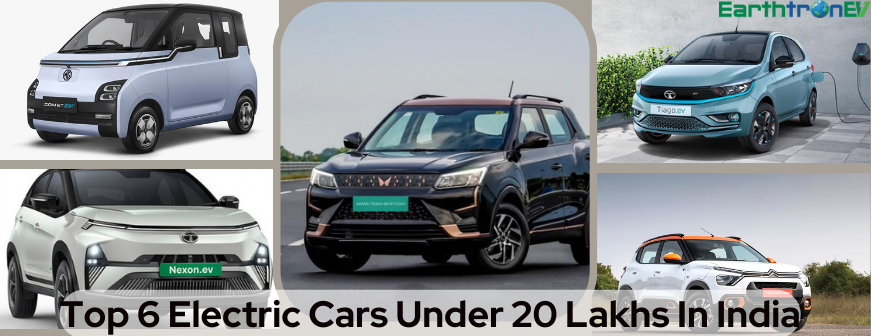The government of Delhi has furthered its plan to implant more chargers in every part of the capital city. By the end of July, the capital city of India will have a hundred more EV charging infrastructure. As part of their program, the government will set up thousands of new charging points for EVs. They will install 103 battery swapping infrastructure by Delhi Transco Limited (DTL) in the next few weeks. This article will discuss the Delhi’s EV stations expanded with 100 new charging points.
Delhi’s EV Infrastructure Expands with 100 New Charging Points
The Delhi government has taken the initiative to expand the electric vehicle charging stations at different convenient locations in the city. The power minister Atishi Marlena stated, “These charging stations will come up at metro stations, bus depots, and other strategic places in Delhi.” She further said that charging infrastructures will be available in almost every part of the capital city.
The charging cost would be the lowest in any part of India. The citizens of India will spend less than three rupees per unit to charge their electric vehicles. Further, Delhi officials have declared to address the problems related to the charging infrastructure installations. Officials must ensure the government that fifty charging stations are ready to go and a hundred by the end of July.
Electric vehicle Ongoing Discussion between the Delhi Officials
Jasmine Shah is the Vice Chairperson of the Dialogue and Development Commission (DDC) in the capital city Delhi Working Group. Her role is critical in directing this plan to expand the Delhi public and private electric vehicle charging infrastructure. Different agencies shared their point of view during the meeting.
They set the final plan for installing charging stations in Delhi’s convenient locations. The launch will be at the fourth Delhi EV Forum on 10th August. It will mark the second anniversary of Delhi’s EV policy. The Indian national capital has encouraged the government to establish a widespread network of EV charging stations, said Shah. The national capital city Delhi has about a hundred electric vehicle charging infrastructures.
But at present, according to the Delhi government, they will add battery swapping facilities on some of the charging stations. It will happen for the first time. It is particularly notable in Western countries. The term “Battery swapping” indicates an alternative. It includes swapping removed batteries for charged ones. Battery swapping de-links the EV and fuel and thus causes a drop in the upfront cost of the vehicles. For this reason, the officials cited the plan to deliver this efficient accessibility to charging infrastructure. It will save time by offering swapping options.
The wise decision will boost the sales and demand for electric vehicles in the capital city. The plan involves officials, like various PSUs, involving the Rajasthan Electronics and Instruments Limited (REIL) and the Kerala State Electronics Development Corporation Limited (KELTRON). These officials have landed with the NDMC to set up public charging infrastructures.
NDMC Vice Chairman Satish Upadhyay cited that the expected demand for EVs will reach with the rising price of petrol and diesel. He mentioned, “There are 2,356 charging ports and 234 battery-swapping stations currently operational at 1,892 locations in Delhi. Setting up an efficient, cost-effective, and fair network for charging infrastructures in Delhi requires coordination among many stakeholder departments.
The working group and a coordinated strategy encompassing all the relevant stakeholders ensure that EV charging is not planned in silos.” Thus the plan to install more electric vehicle charging stations is under process. But the Delhi government also plans to build battery-swapping facilities. These installations will be at some convenient stations.
NDMC locations keep 37,945 domestic and 22,521 non-domestic electricity customers. This network expands to 112 kilometers of 66KV high-tension lines and five 66 kilovolts substations. They aim to strengthen the entire electric infrastructure within a 15 to 25-year timeframe. The NDMC official cited these reports.
Conclusion
The urgent need for more EV charging stations urges the Delhi government to take efficient initiatives. The city must have enough charging infrastructure. It will avoid the rush among electric vehicle users and deliver the capital with other green alternatives.
Once the Delhi government installs the hundred charging vehicle stations by the end of July, it will create a web of charging networks. Thus, the citizens will not worry about the problem of charging. It will push the revolution of electric vehicles,” said Upadhyay.
